1. Best Choice: Water
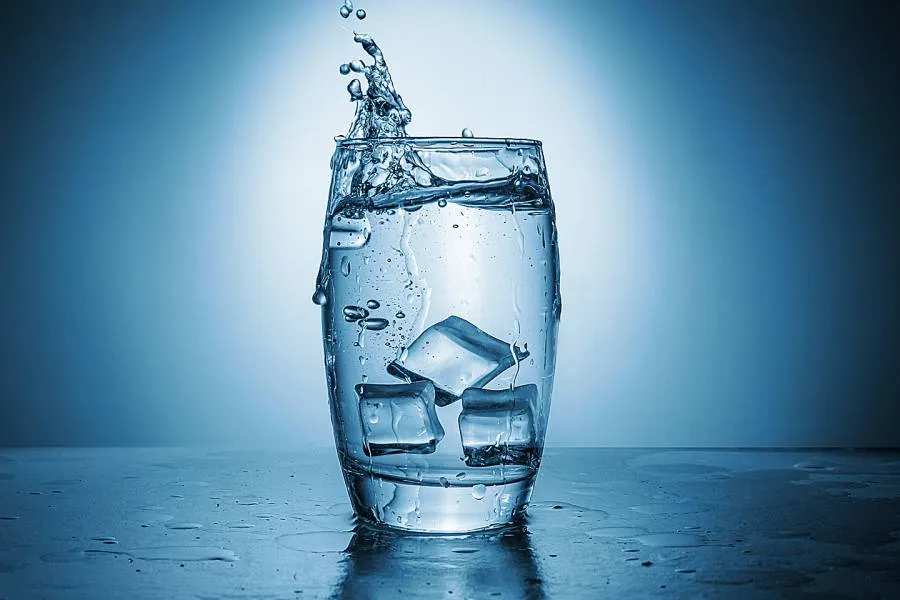
Water is a vital component of the organism. Dehydration, constipation, and kidney stones are all prevented. Additionally, it is the most calorie-free beverage, which helps maintain a healthy waistline. One to three cups of water added to one’s daily diet may result in the consumption of up to 200 fewer calories, fat, sodium, and sugar. Insufficiently simple? Artificial flavors, pigments, or preservatives may be present in calorie-free flavor drops, which are sweeteners. Alternatively, try a dash of citrus.
2. Best Choice: Filtered Coffee
Coffee has previously received a negative reputation, but research indicates it may reduce the risk of heart disease, liver disease, and type 2 diabetes. It seems healthful to consume three to five cups per day, so long as you limit the amount of cream and sugar. If you are expectant or nursing, however, consult your physician before sipping. To manage elevated cholesterol levels, percolate your coffee using a paper filter. It eliminates cafestol, a substance that has the potential to increase LDL cholesterol.
3. Best Choice: Tea
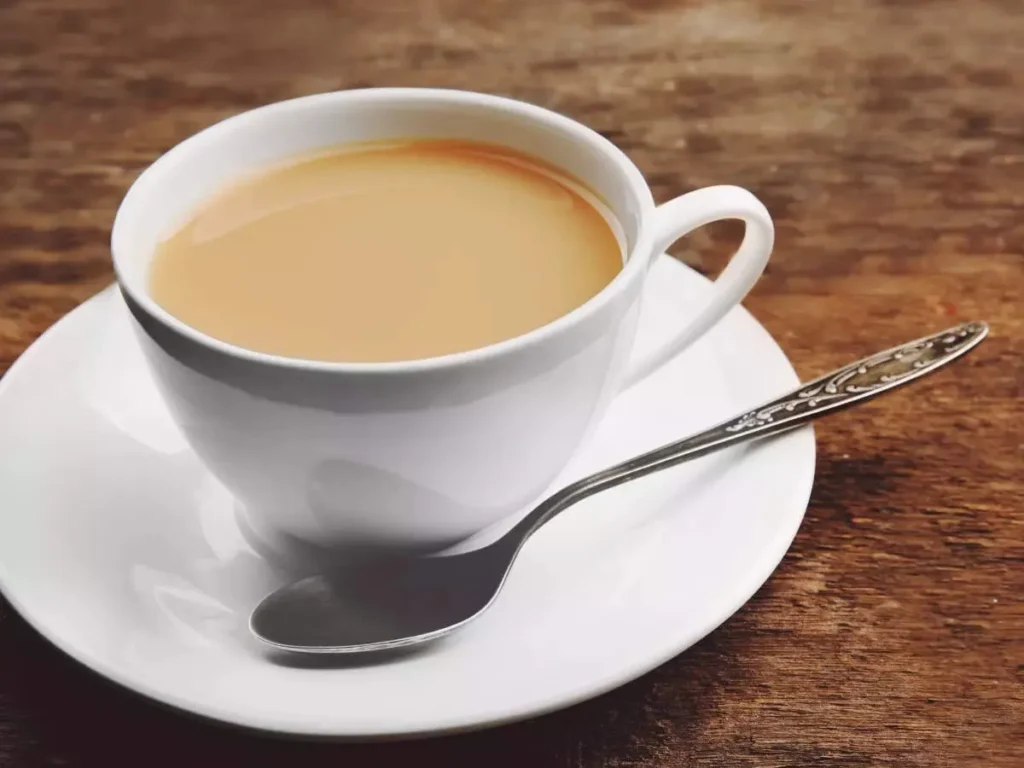
Antioxidants, which are abundant in green, black, and other varieties, may provide protection against cardiovascular disease, stroke, certain types of cancer, and excessive blood pressure. Additionally, unsweetened beers are calorie-free. Homebrewed tea is the healthiest, whether you prefer it heated or cold, because it does not contain the added sugars that can be found in bottled tea.
4. Good Choice: Milk
It is an excellent source of nutrients such as calcium, vitamin D, and potassium, all of which promote healthy bones, teeth, and musculature. Additionally, one cup contains more protein than a large egg. For greater nutritional value with fewer calories, seek out skim and low-fat alternatives. While certain nondairy milks, including almond, soy, and oat, do contain some of the same nutrients as cow’s milk, their per-serving concentration is quite low.
5. Worst: Soft Drinks
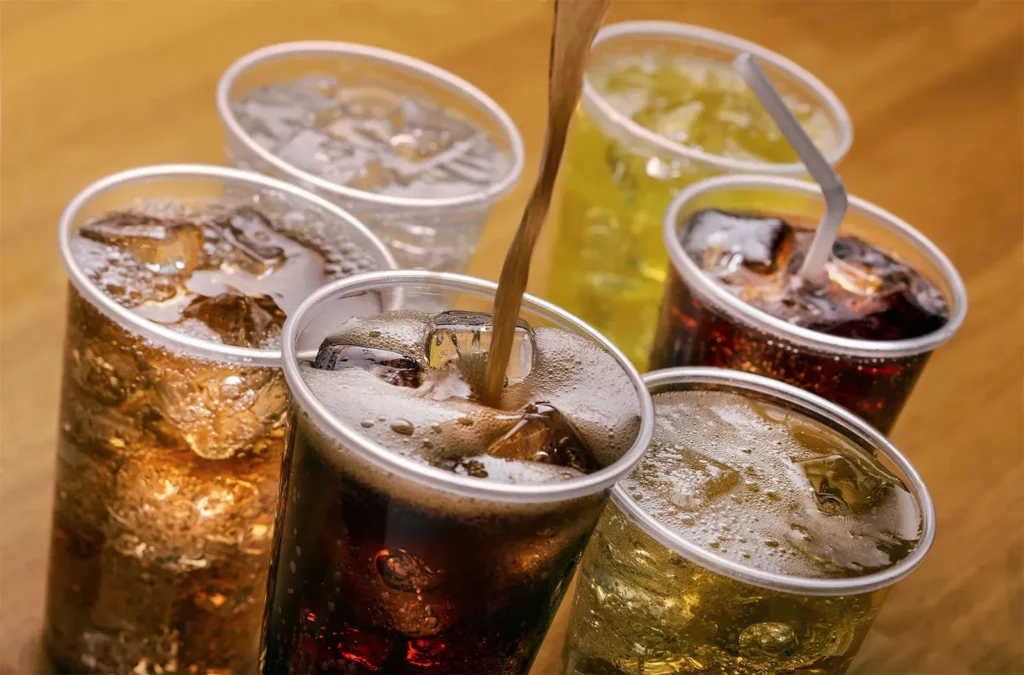
They are devoid of all nutrients and extremely high in sugar. One or two-ounce drinkers consume additional calories daily and may consequently have a greater body mass index. In addition, your risk of developing type 2 diabetes, cardiovascular disease, and other health issues increases.
6. Worst: Diet Soda
Although it is minimal in calories, it might not be the most suitable replacement for regular sodas. There is a correlation between diet beverages and health issues like type 2 diabetes. Furthermore, some experts believe that their artificial sweeteners may cause weight gain over time by fooling the body into consuming more calories.
However, if you are attempting to reduce your consumption of regular soda, diet versions could be a helpful transition aid to water and other healthier alternatives. After transitioning from regular to diet soda, you can attempt to restrict your daily consumption of diet beverages.
7. Better Choice: Sparkling Water
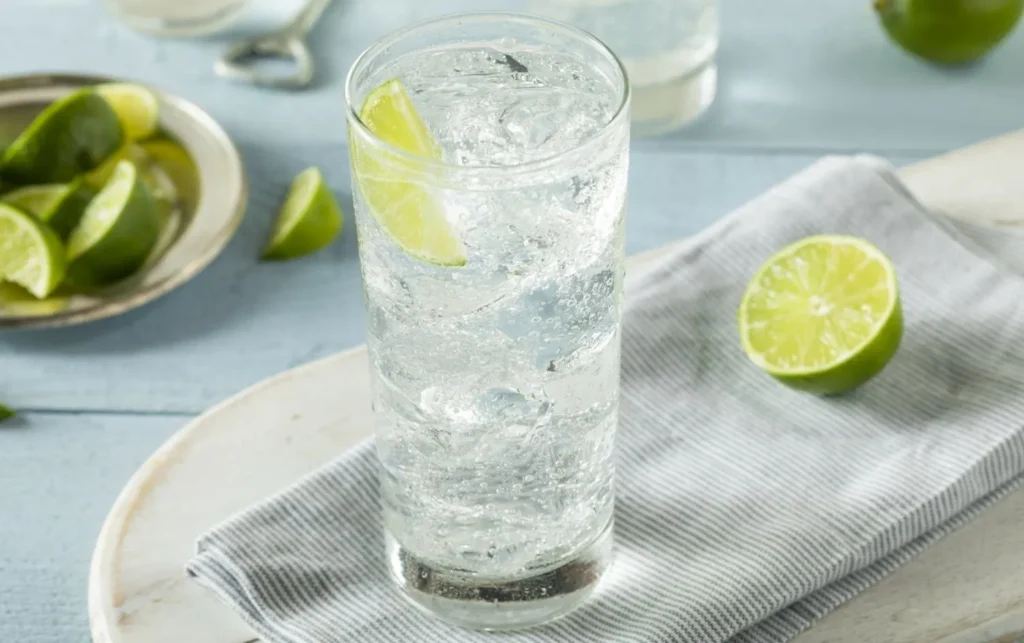
It provides a carbonated sensation devoid of the calories and artificial sweeteners found in soda. However, be wary of flavored seltzers that contain added sugar. Also, bear in mind that carbonated water should not be confused with club soda, which contains sodium, or tonic water, which combines sodium and sugar.
8. Worst: Energy Drinks
They assert that their high caffeine content—equivalent to four to five glasses of coffee—and other ingredients, including ginseng, guarana, and B vitamins, will provide a boost. Most contain excessive amounts of sugar or sweeteners.
While there may be a momentary increase in alertness, the claims of increased strength and vitality are unfounded. In contrast, an excessive intake of calories and caffeine may result in symptoms such as irregular cardiac rhythms, anxiety, disturbed sleep, and gastrointestinal distress.
9. Sip Sparingly: Fruit Juice
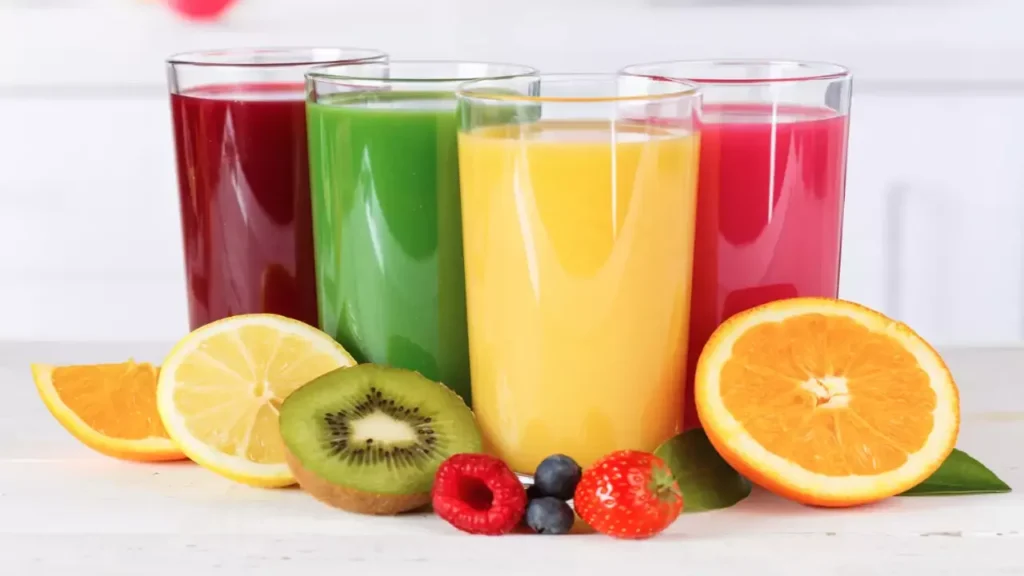
100% juice contains the majority of the vitamins present in the original produce. However, every fiber is omitted. Without it, the predominant component present in juice is fructose, which is its inherent sugar. This results in an increase in caloric intake without providing satiety.
A cup of juice without added sugar is acceptable for breakfast or a refreshment, but children and adults should consume fruit in its whole form and limit their juice consumption. To merely savor the flavor, incorporate one to two splashes into a glass of water. Avoid sugar-sweetened juices.
10. Sip Sparingly: Smoothies
If you find it difficult to consume an adequate amount of fruits and vegetables, smoothies may be an effective alternative. They contain the vitamins and fiber found in their constituents. However, a conventionally available product contains approximately 400 calories and 75 grams of sugar. Make them at home and use minimal amounts of sweetened toppings, such as agave, flavored yogurt, or honey.
11. Sip Sparingly: Sports Drinks
Due to the presence of sugar and electrolytes, these beverages are optimal for athletes who require rehydration following a strenuous exercise. However, absent from the conclusion of an hour-long exercise session, these beverages should be avoided. Numerous contain nearly as much sugar as one can of soda. Water is all your body truly requires to replenish.
12. Sip Sparingly: Coconut Water
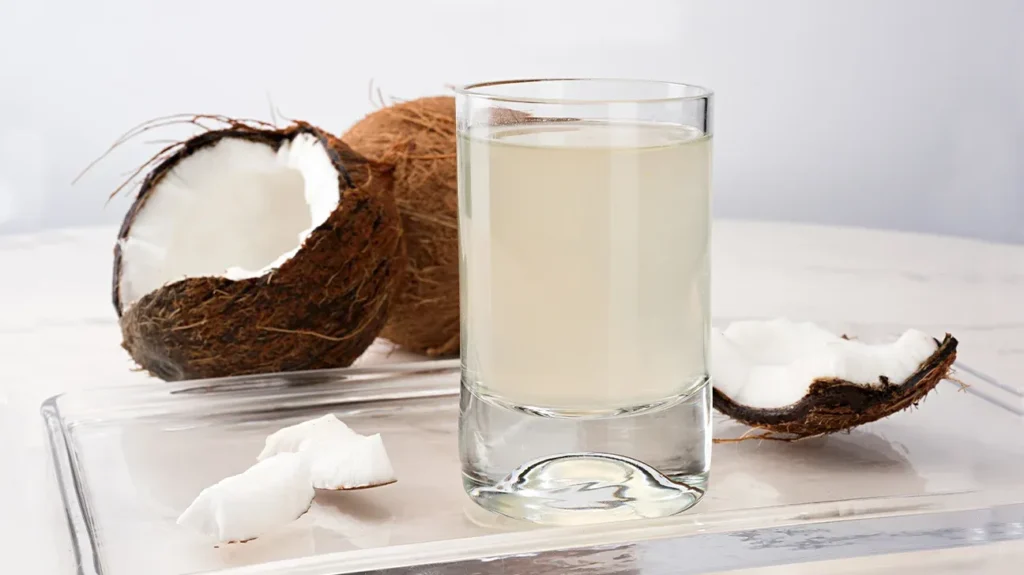
It is the transparent liquid that can be obtained by slicing open a coconut. It is low in sugar and contains electrolytes, unlike many sports beverages and fruit juices. Nonetheless, nutrient content varies considerably between brands. With the exception of the most depleting exercises, rehydration with water is sufficient. Additionally, some coconut waters contain added sugar for sweetness; consult the label.
13. Sip Sparingly: Wine
Potential benefits of consuming the appropriate quantity of wine, especially red wine, include enhanced cognitive and cardiovascular function, as well as an improved sexual life. This may be owing to the protective effect of antioxidants such as resveratrol on cells. However, excessive drinking—more than one glass per day for women or two glasses per day for men—is detrimental to one’s health, particularly when continued over an extended period of time.
14. Sip Sparingly: Beer
Obviously, it is not a health drink, but it can be incorporated into a nutritious dietary regimen. Women who consume one 12-ounce beer per day and men who consume two may have a reduced risk of developing kidney stones compared to those who abstain from alcohol. But be mindful of what you consume. While some beers contain fewer calories and alcohol by volume than others. When monitoring your weight, limit yourself to light beers (approximately 100 calories).
15. Sip Sparingly: Canned Cocktails and Hard Seltzers
Hard seltzers contain alcohol; therefore, alcoholics should consume them in moderation. Approximately 90-110 calories per can, these and other canned cocktails are an excellent substitute for other beverages because they contain fewer carbohydrates and calories than standard beers or mixed drinks. However, be certain to examine the sugar content. Generally, beverages with less sugar also contain fewer calories.